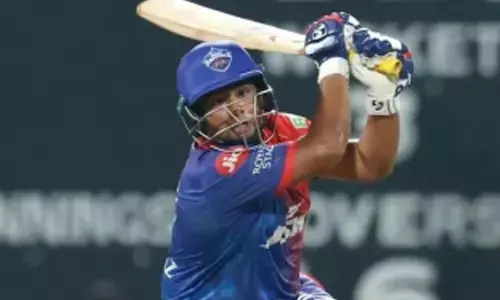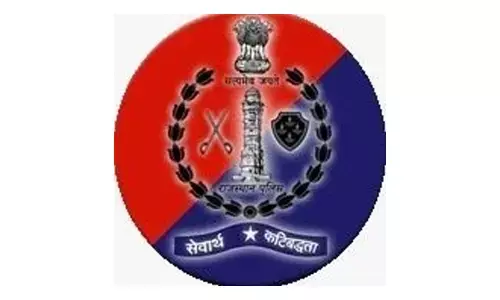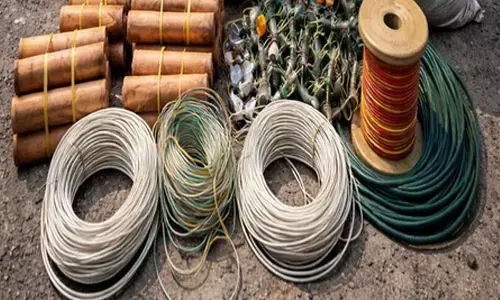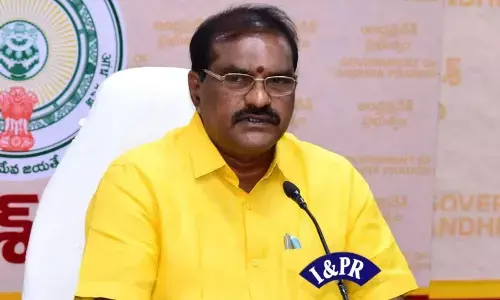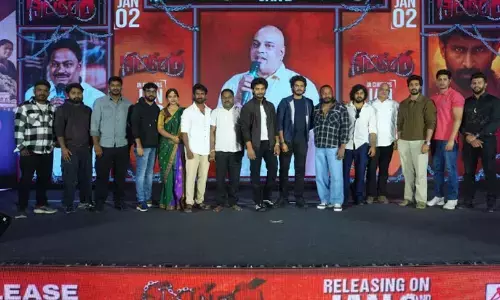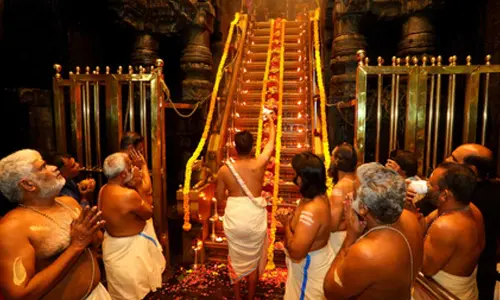Technology cannot replace teachers: Dr Ashwin Bhide-Deshpande
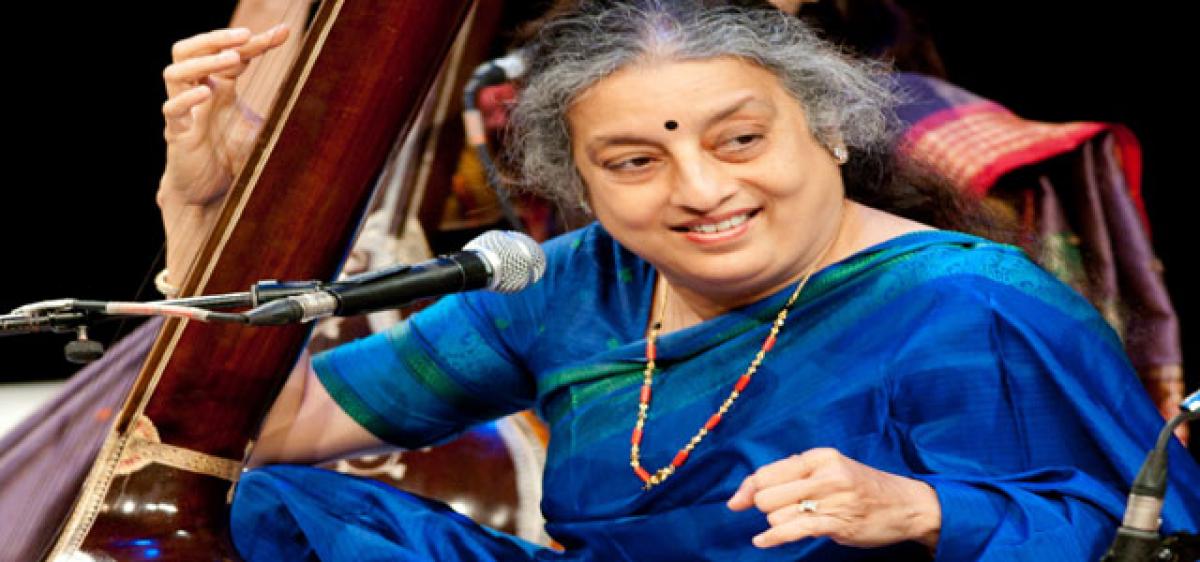
Dr Ashwini Bhide-Deshpande belongs to a music lineage and is the daughter of renowned Hindustani vocalist Manik Bhide. She is the torchbearer of the Jaipur Atrauli Gharana and has always been guided and taught by her mother.
Mumbai-based Hindustani classical vocalist Dr Ashwin Bhide-Deshpande, in a freewheeling chat
Dr Ashwini Bhide-Deshpande belongs to a music lineage and is the daughter of renowned Hindustani vocalist Manik Bhide. She is the torchbearer of the Jaipur Atrauli Gharana and has always been guided and taught by her mother.
Ashwini, chose her passion for music forsaking a career in Biochemistry. However, before taking a full plunge into music career she completed her doctorate from coveted Bhabha Atomic Reasearch Centre/University of Mumbai.
She has mesmerised audience across the globe with her mellifluous voice. She also penned a book ‘Ragarachananjali’ in 2004 which is about her self-composed bandishes. The book has received rave reviews. She followed it up with "Ragarachananjali 2", her second book of bandishes in 2010.
Excerpts:
Can you recall your early days in music?
Music was always in the family. My mother was a singer and used to invariably provide vocal support to the legendary vocalist Kishori Amonkar. I had the fortune to learn music from my mother and in spite of being within the family; it was always more like a ‘one to one’ Guru-Shishya Parampara style of teaching.
Do you see any change in the method of teaching in the present situation?
The Guru Shishya Parampara still continues, but its intensity is going down. There are some teachers who are comfortable in making use of technology and also give online tuitions. I personally do not think that the core essence and finer details of music can be transmitted through the medium of internet. The physical interface of a Guru and Shishya is very important for the core classical elements to be learnt.
What about the present generation students?
Students today have more opportunities to choose their path. To choose their options and also listen to a lot of music, thanks to digital archives. But ultimately it is very important to understand that even a teacher can only keep giving. It remains in the ability of the student to see what best s/he can absorb and take ahead in life.
How do you see India as a seat of culture in the world of arts?
India has a lot to offer to the world. Somehow we have not been able to bring our rich heritage before the world. This has happened in various fields including arts, architecture and many allied arts.
Can you tell about any experiences of Jugalbandi concerts?
I have only done ‘Jasrangi Jugalbandis’ with vocalist Sanjeev Abhyankar. It has been a challenge but at the same time very satisfying experience. The ‘pitch’ and ‘raga’ of both performers is different while we sing in the same scale. This performance is based on the fundamental principle of western music, which we call ‘Moorchana’ in Indian music. I have always received a very good response from the audience for these harmonious renditions.
Is the financial support for classical music growing?
As far as financial support is concerned, I strongly feel that even in the past, the maestros and Gurus were never inspired by any external stimulus in the form of financial support. They always worked their way to give the best and became immortal. A true musician never looks towards any form of support and keeps working towards creating eternal music.
Any memories of Hyderabad?
Hyderabad has been a hub of music activities more inclined towards Carnatic music in the recent past. There has been a tremendous contribution of the ‘Trinity’ composers from the South who have given everlasting compositions in the Telugu language. The city has seen a lot of activity on the Hindustani music front also and the city is a very good representation of the amalgamation of the North and the South.








